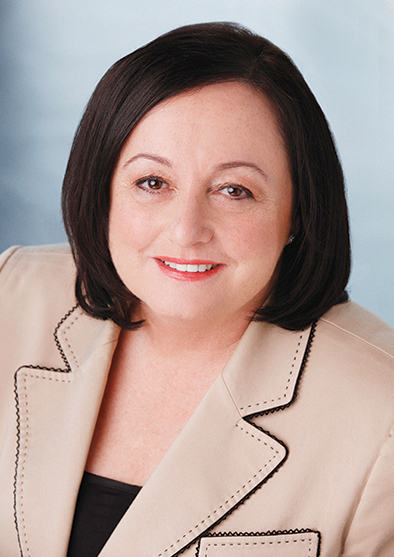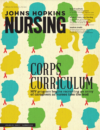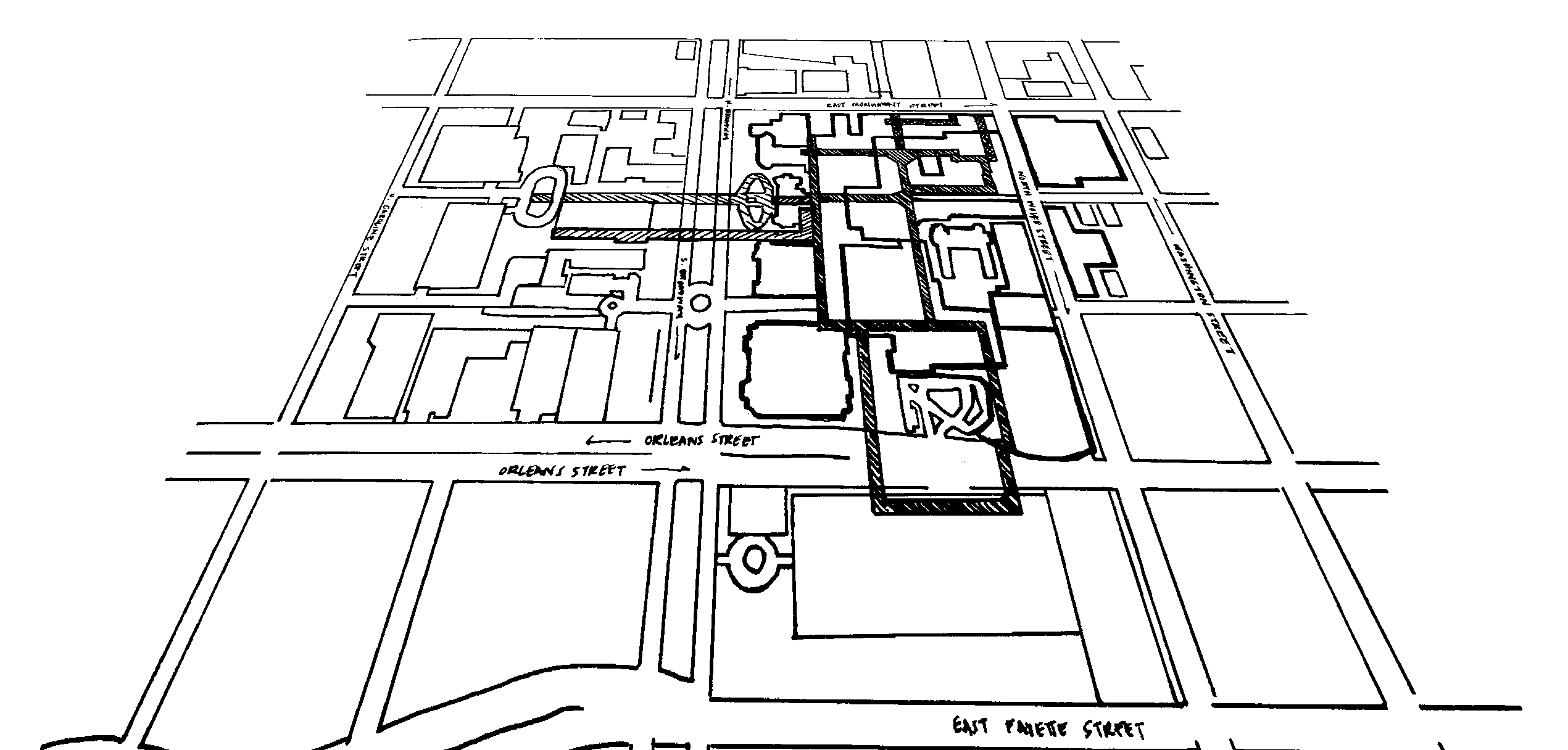
A few weeks ago, as I was meeting with my leadership team, we strayed into a fascinating discussion on what makes us truly different from other schools of nursing, especially given the fact that we are ranked in a three-way tie as the number one graduate school of nursing by U.S. News & World Report.
We quickly (and proudly, I might add) began to throw out words like leadership, research, patient-centered care, globalization, transitional healthcare, and quality and safety. But if we were really being honest with ourselves, we admitted that these content-driven strengths were representative, albeit in slightly varying degrees, of most top-ranked schools of nursing. And then it hit us.
What makes our school of nursing distinctive is the “experience” our students and faculty receive. It starts by virtue of our location–a one-of-a-kind healthcare setting including the top-ranked Johns Hopkins schools of Medicine, Public Health, and Nursing and The Johns Hopkins Hospital. This four-block radius of healthcare excellence provides an extraordinary interprofessional environment in which to learn and work. Our students and faculty can immerse themselves locally to globally, with real-world opportunities and resources that are unparalleled in scope, quality, and innovation. It’s the experience that brings the content deeper meaning. Whether that experience is gained from the streets of Baltimore City, the rural farm communities of Maryland, across the globe, in a large hospital, community clinic or international health organization, our students and faculty are on the ground as leaders in interprofessional teams, adapting to and driving healthcare reform, and improving the lives of individuals, families, and communities.
[pullquote]
What makes our school of nursing distinctive is the “experience” our students receive.
[/pullquote]
This issue of the magazine features just some of the hundreds of experiences taking place at our school every day – students in our Helene Fuld Leadership Program who are improving quality of care and patient safety alongside medical and pharmacy students; faculty and DNP students advancing patient care based on their work in both Baltimore and Africa; and our many students who are returning Peace Corps volunteers and whose previous work in helping communities across the world makes for a much richer experience for all of us.
No matter what path our students or faculty take, they will lead and be impactful. Why? Because the experience they have with us is simply unmatched. I wish all my leadership meetings resulted in such clarity.
Patricia M. Davidson, PhD, MEd, RN
Dean, Johns Hopkins School of Nursing

